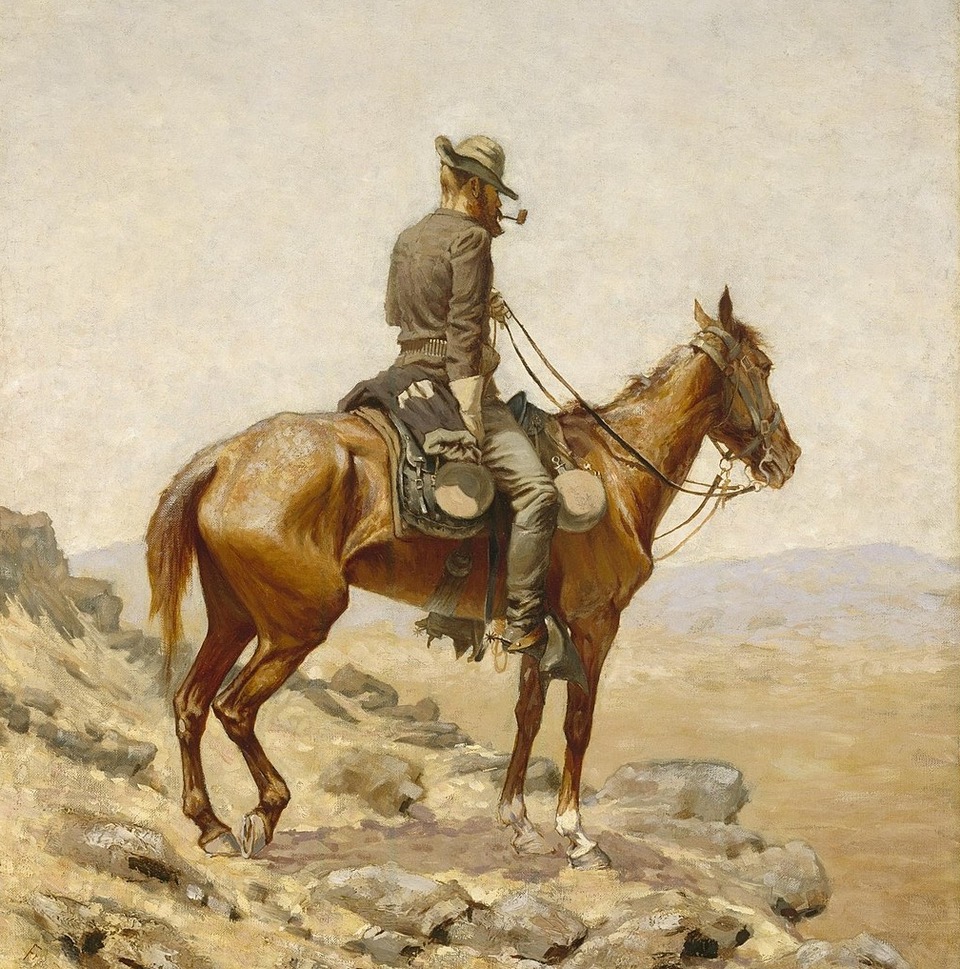
“Revision! Whatever that is.”
And thus Gotham’s own Arlaina Tibensky kicked off our Fiction Writing Conference a couple of weeks ago, with a panel on strategies for revising. Which was perfect, because by asking, “What even is this?” Arlaina freed the other writers in the room to come back with an unexpected answer.
Revision is… emotional.
“The first thing is accepting that even though you’ve been working on your book, and you think you’ve finished it, it’s really not your book yet,” said Kate Fagan, sportswriter and author of the novel The Three Lives of Cate Kay. “You’ve got to mourn that.”
When she first sends a book to her editor, Fagan—who has also published two nonfiction books and is working on her next novel—indulges the fantasy that the draft is perfect, or nearly so. When her editor instead responds with notes, Fagan takes two days to mourn, “the loss that I didn’t deliver the perfect book.”
“You have to build the emotional space inside yourself for the realization that your first draft is only holding one little space in your heart,” Fagan said. “You have to create room and emotional energy for subsequent versions—it’s a very real thing.”
The emotional roller-coaster doesn’t end there, though. Matt Bell, novelist and author of a craft book all about revision called Refuse to Be Done, said he goes through a stage of revision where some characters don’t know who they want to be yet. They move in and out of drafts, existing sometimes “almost as a kind of alternate reality character that lived in the book, or maybe didn’t.”
“Living with uncertainty is another revision skill that gets stronger over time,” Bell said. “You learn it’s OK to have multiple things still in flux, that maybe that’s actually kind of joyful, even if it feels frustrating at time.”
For Gotham teacher Katherine Taylor, revising her second novel involved facing down demons, writing through heartbreak, and summoning no small amount of courage. Because, one day after going through a bad breakup, Katherine went to lunch with her editor, who told her she had to throw away her entire first draft.
“I literally boo-hooed for probably an hour, and my editor sat there, and we talked, or I talked and she listened, and finally, when I said, ‘I’m ready to talk about the book now,’ she just said it: ‘I need you to throw out this entire draft and start again,’” Katherine said.
The editor liked the characters and the story. But the voice and point of view were not working, and so everything else had to go.
Katherine briefly tried to salvage something from the draft, asking if there were even any nice sentences in it that she could keep. But once the shock wore off, she plunged in and started fresh.
“I think I was like every writer with their debut novel, traumatized by the response to my first book. I was trying to make the second one so different that I squashed out all the warmth and all the humor and all the stuff that makes my work, work,” Katherine said. “I took a breath and let all that stuff back in. And I did totally rediscover the book. I had fun writing it, which of course showed in the draft. Suddenly the voice was alive and not stuffed down and dead. And everything in the book was a total surprise after that.”
If all this makes revision sound like a wrenching gauntlet, I apologize, writers. If you re-read their comments, you’ll notice a common thread among all these writers. After each one made peace with their own demons, they all found another emotion—joy.

Kelly Caldwell
Dean of Faculty






